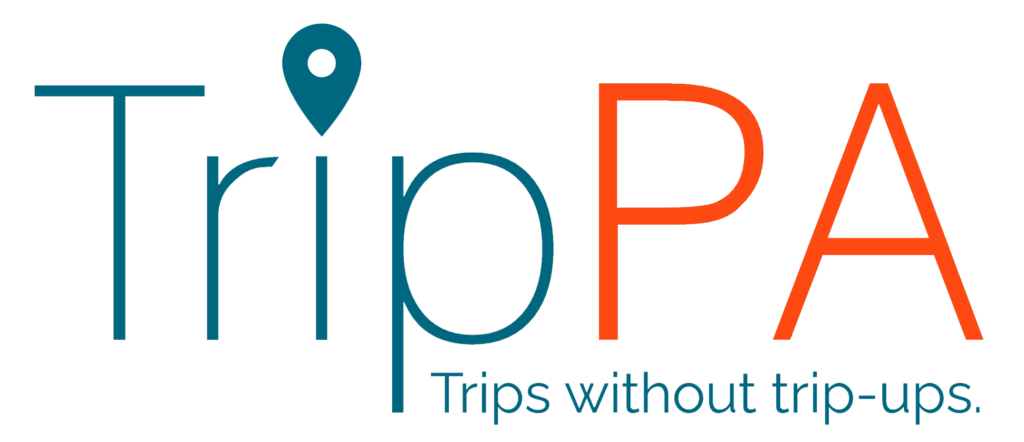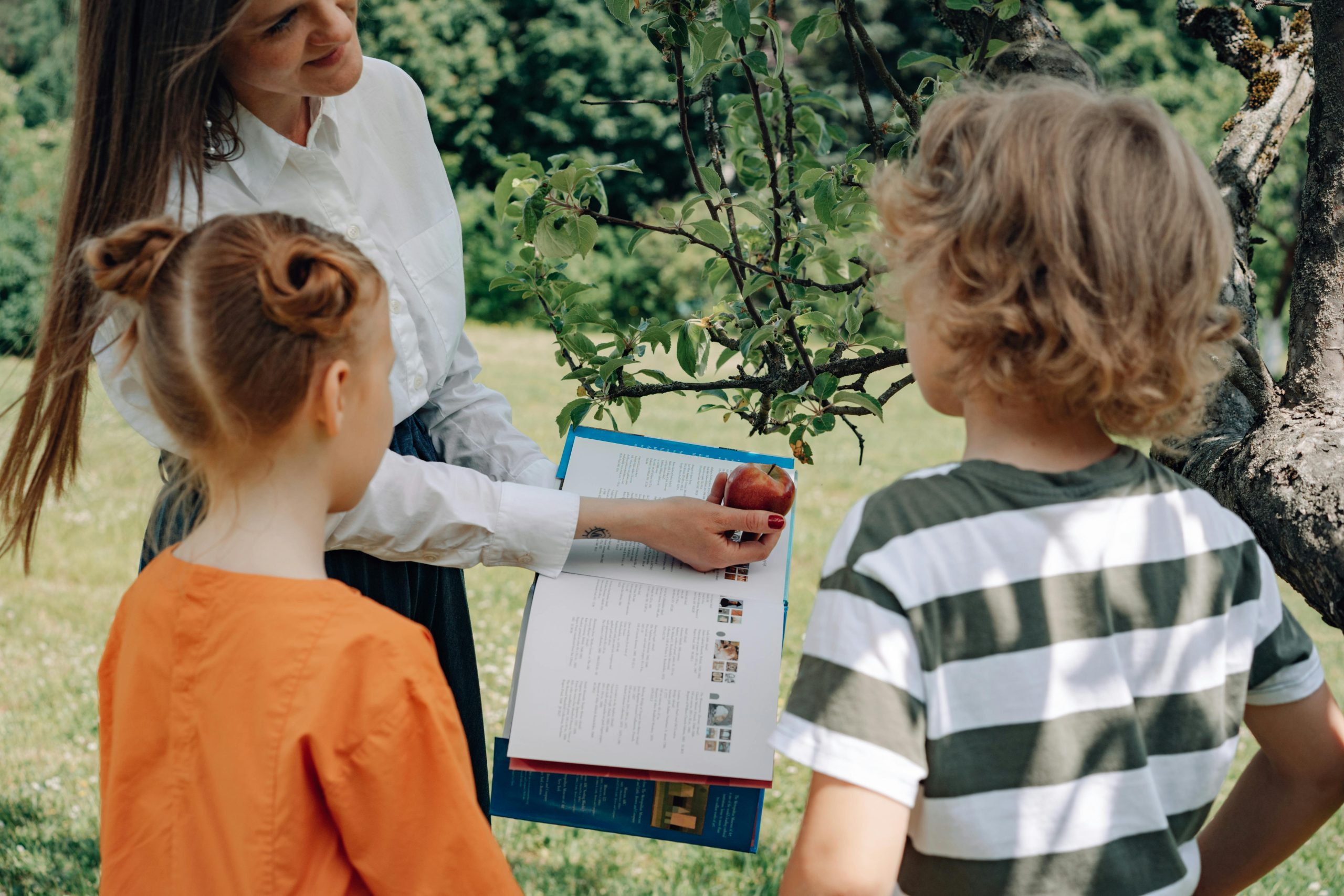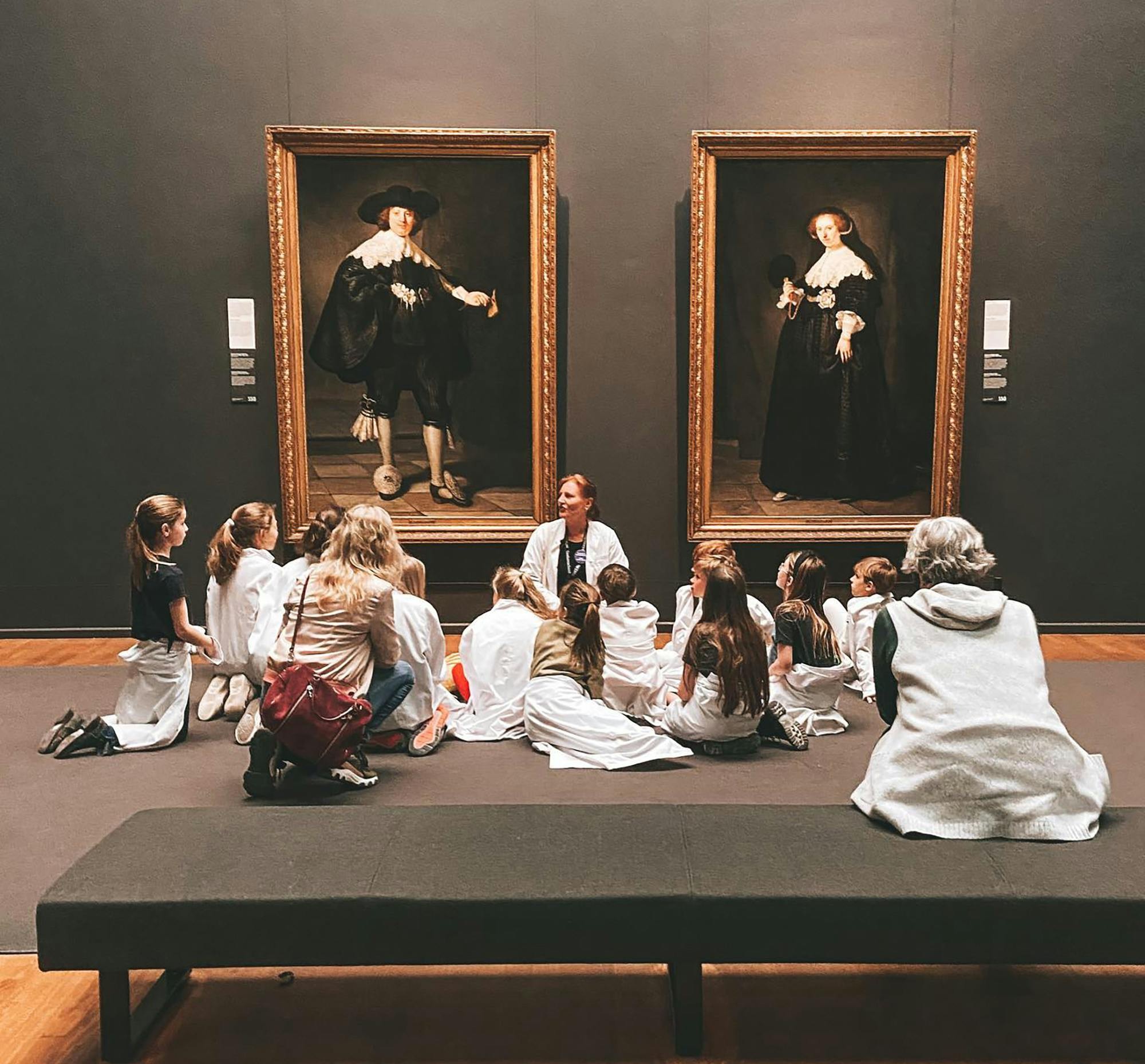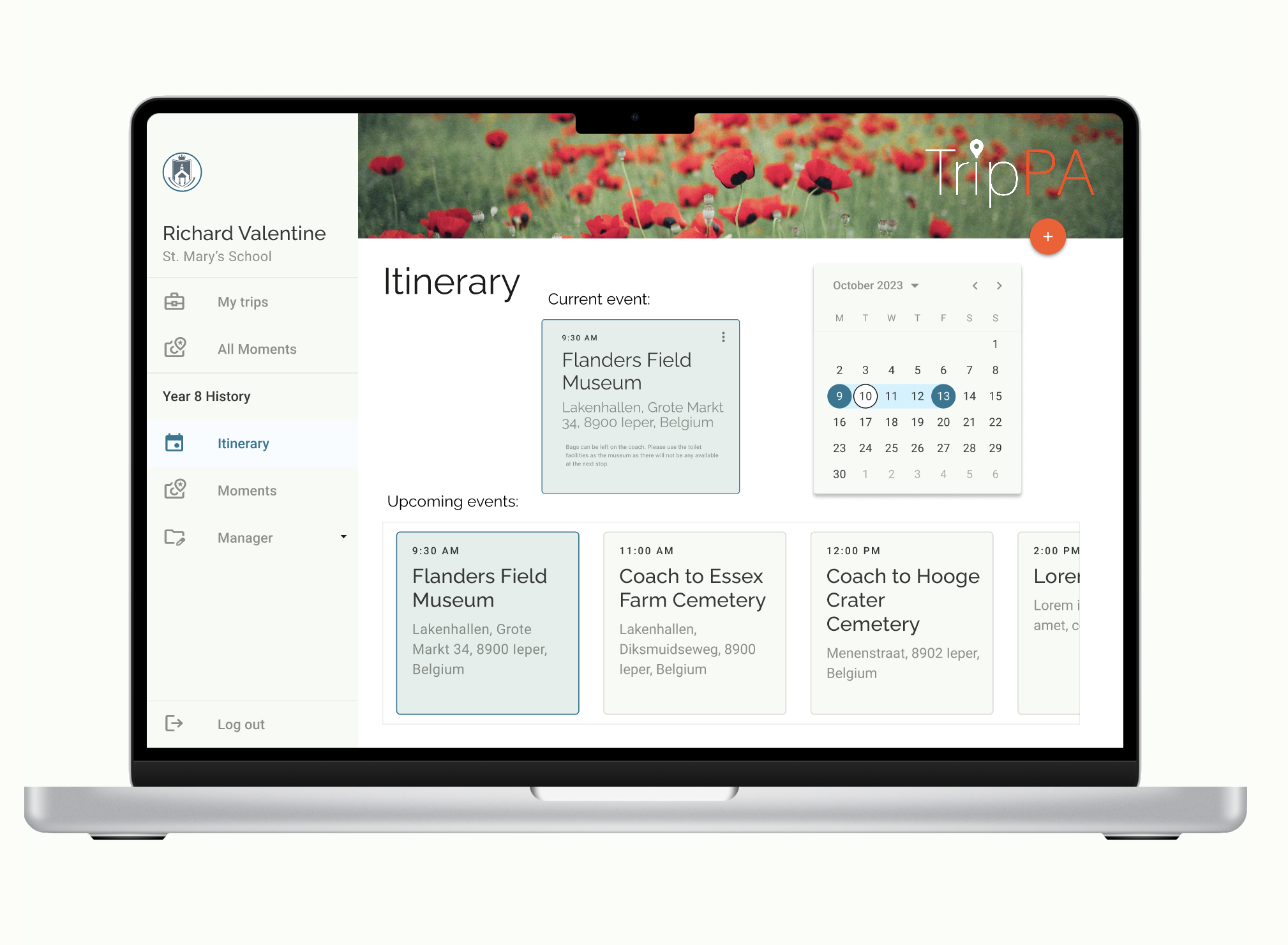Why Engaging Parents in School Trips is Beneficial
- Strengthened School-Parent Relationships – fostering and nurturing a positive community is hugely important for schools, and involving parents in educational visits can feed into this.
- Increased Pupil Participation – we all know how enriching school trips can be, so we want as many pupils as possible to be involved.
- Prepared Pupils – engaged parents ensure their children pack appropriately, understand expectations, and turn up on time!
- Reduced Parental Anxiety – family members who are better informed will be less likely to feel anxious about their children heading out on a visit.
- Improved Financial Planning for Parents – trips can be expensive, so we need to be helpful and transparent when communicating with families about costs.

How to Engage Parents in School Trips
- Communicate effectively:
- Produce a well-considered message to introduce your proposed trip. Don’t assume that your parent body will understand the rationale behind the visit – you may have organised the trip many times before, but these parents will probably be receiving this information for the first time. Outline the objective clearly and concisely to improve buy-in, and link this to the itinerary of the trip. If parents understand the purpose of a trip, and what their child will gain from attending, they are more likely to consent.
- Send updates before departure. Aside from serving as a reminder to those at home, updates keep families in the loop with any changes and further trip details.
- Send updates during the trip. Parents always want to know what their children are up to, so make sure to share pictures, videos and info while out and about! The TripPA Moments feature provides a secure, social-style space that makes it effortless to share engaging media with parents in real time.
- Provide a reflection after the trip. Families love to hear about the trip once it has concluded. A message home, or a newsletter article, can be really powerful. Share pupil reflections and takeaways as well as media from the visit!
- Reassure families about safety information. To reduce anxiety, provide parents with details about travel insurance where applicable. It’s also good practice to share with them how dietary, medical and other needs will be catered for on the visit.
- Be open about costs and payments:
- Plan trips well in advance. Families are always going to find it difficult to balance finances when they only hear about a costly trip a month before it happens. Plan your trips as far in advance as possible to give your parent body time to plan out their finances. The more expensive the trip, the earlier you should be planning and communicating.
- Offer staggered payment plans. This will help families to spread the cost – providing clear deadlines for each instalment will also help.
- Be transparent about what the cost includes. For those residential trips, activity weeks, or visits abroad, costs can easily sky-rocket. Be clear with parents about what is included in the cost of the trip, to ensure understanding.
- Provide a clear refund/cancellation policy where possible. Decide on this when planning the trip, and communicate this in the initial communication.
- For bigger trips, hold a parent briefing and Q&A. If you are taking children away for more than a day, or into another country, holding an in-person briefing for families can be very useful for improving buy-in and engaging parents.
- Involve parents in the trip planning process. Why not canvas the families in your school community to ask which trip options, activities and destinations they’d be most interested in for their children.
- Invite parents to be chaperones. Sometimes, it can be appropriate to involve families directly as chaperones/volunteers on visits!
- Communicate effectively:
We hope you have success in engaging parents in school trips! Share your stories with us via our social media channels – we’d love to hear from you. You can also get in touch with us about anything via our contact page!





